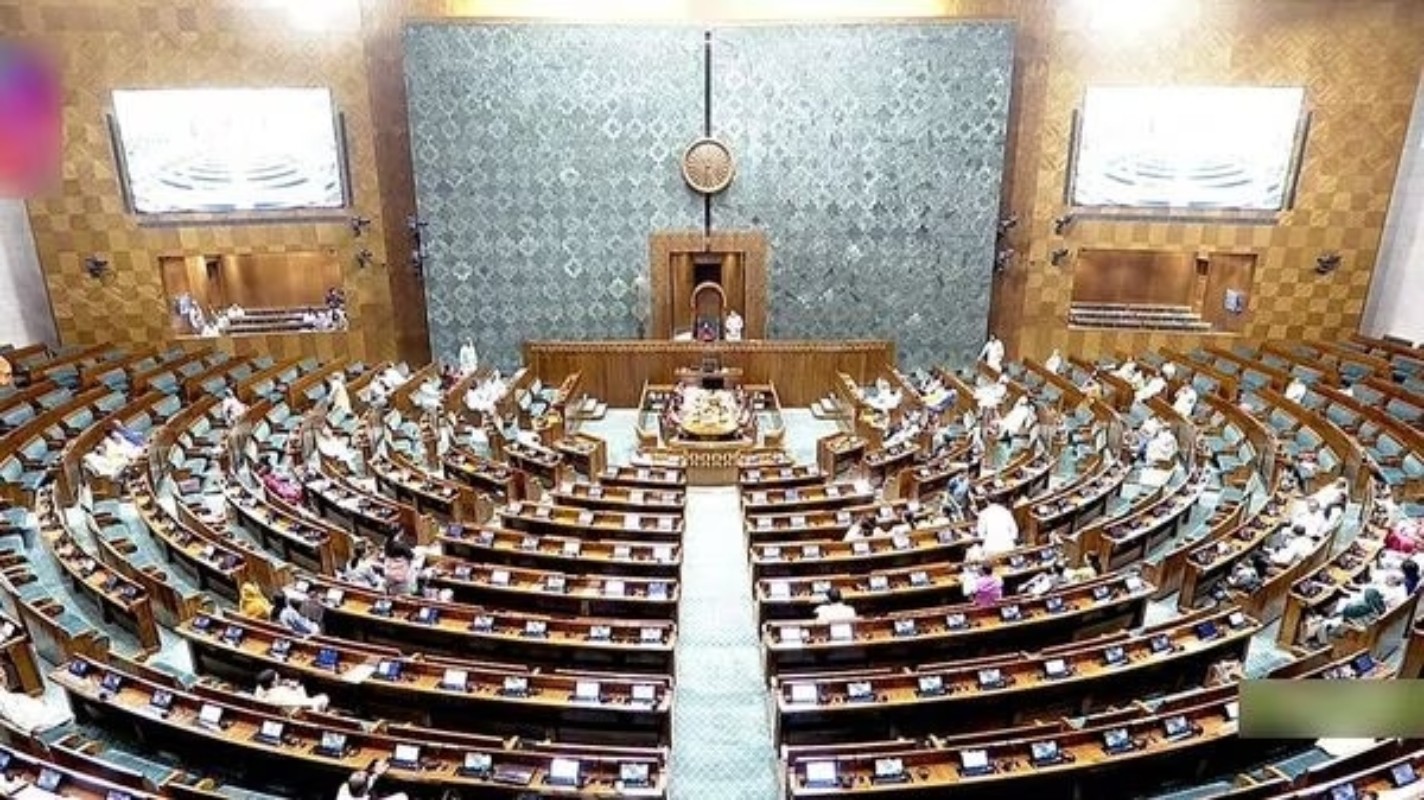NEW DELHI: After immense debate, the Jammu and Kashmir Reorganisation Bill was passed in the Lok Sabha while the Opposition staged a walkout during the Winter session of the Parliament on Wednesday.
The walkout happened when Home Minister Amit Shah called Jammu and Kashmir as former Prime Minister Jawaharlal Nehru’s first big “blunder”.
The Bill had been tabled by Shah to replace the initial J&K Reorganisation Act that had been passed in 2019, which abrogated Articles 370 and 35A which provided special status to the state. Following the abrogation, the Valley was turned into a Union Territory which promised to bring normalcy in the state and put an end to militancy.
“Since Article 370 and Articles 35A were abrogated, Kashmir has not experienced as much peace as it has during this period. If we look into the period and understand it, there has been a 10-fold decrease in the number of militant activities conducted in the Valley during the past few years,” Shah said.
On the other hand, the Opposition, led by Congress MP Adhir Ranjan Choudhury went on the forefront to attack the Home Minister calling the tabling of the bill illegal since the matter was still under consideration at the Supreme Court.
However, following this, the Home Minister reminded the Leader of the Opposition that the SC had not ordered a stay on the matter, and thus, could be discussed upon. “I would like to remind Adhir ji that the issue can be discussed according to law, since there has been no stay order issued to stop us from discussing about it,” said Shah.
The Bill has proposed amendments to the 2019 Act, whereupon, according to the bill, the Lieutenant Governor may nominate two members from the Kashmiri migrant community from Pakistan, to the legislative assembly.
“Reserving a seat in the J&K assembly for a nominated member from the Pakistan occupied Jammu and Kashmir displaced persons has sparked a debate over the nomination process and voting rights. However, it is also possible that they will be restricted to vote only for the reserved seat, as the bill seeks to provide a special representation for them. The final answer may depend on the outcome of the judicial review of the bill, and the interpretation of the law by the authorities,” said Senge Sering, a human rights advocate.
Presently, Jammu is slated to have 43 seats, an increase from the initial 37, while Kashmir is slated to get 47, when it previously had 46.

